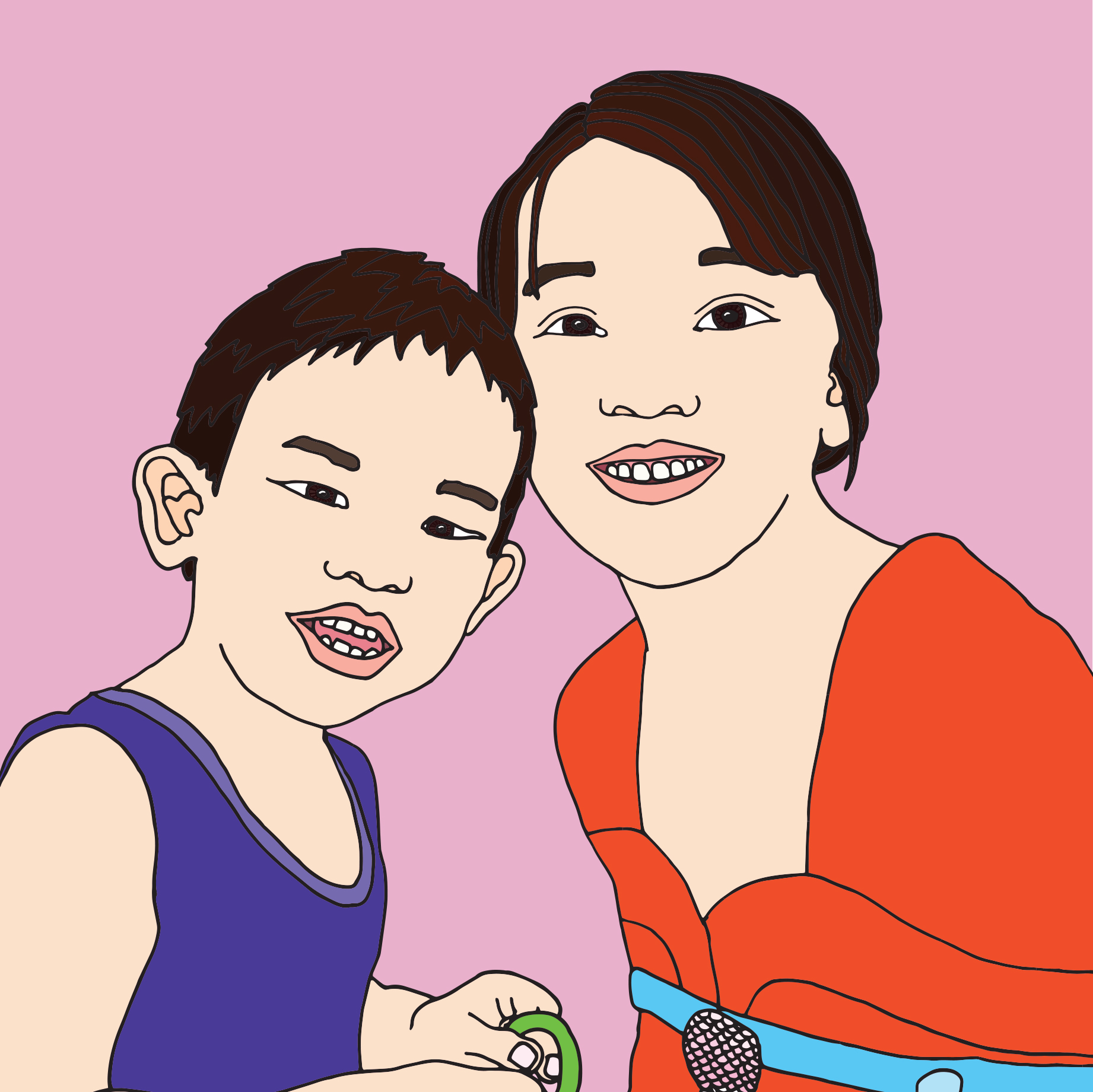Pregnancy Mental Health

Signs and symptoms of antenatal depression and anxiety, plus where to get help if you or someone you love needs support.
Normal pregnancy emotions
Due to hormones, symptoms, and the anticipation of your baby’s arrival, pregnancy can be a journey of emotions for many of us. One day you might be excited and the next you’re feeling overwhelmed or upset. Feeling low now and again is normal and bonding with your baby can take time, but a lasting feeling of being down, continually being in tears for no clear reason, or feeling on edge might be a sign of perinatal depression or anxiety.
Antenatal depression and anxiety
You might have heard the term ‘postnatal depression’ before which means depression that occurs after the baby is born. But some pregnant people experience a mental health disorder called antenatal depression which is depression that happens during pregnancy.
Perinatal Depression & Anxiety Aotearoa (PADA) state that up to one in 10 women and one in 20 men experience antenatal depression. Antenatal anxiety is thought to occur as frequently as antenatal depression – some people experience both at the same time, while others feel that one is more pronounced for them. Some people have never experienced depression or anxiety before, while others may have a history of mental health issues.
Signs and symptoms of antenatal depression and anxiety present differently for everyone, but may include the following:
- Feeling constantly sad, low, empty, or crying for no clear reason.
- Extreme mood swings.
- Feeling nervous, on edge, jumpy or panicked.
- Experiencing panic attacks (sudden intense fear, racing heart or palpitations, shortness of breath, sweating, trembling or shaking, chest pain, feeling of choking).
- Constantly worrying, often about the baby’s health and wellbeing.
- More irritable.
- Change in sleeping patterns (struggling to sleep or sleeping too much).
- Abnormal appetite (not eating or eating too much).
- Distant or withdrawn from friends and family.
- Avoiding people or activities that usually bring joy.
- Having suicidal thoughts or thinking about death.
If you are concerned that you or your partner may have antenatal depression or anxiety, there are support services and treatments available to help you. You can seek support by:
- Confiding in someone you trust like your partner, trusted friend or family member.
- Letting your LMC or GP know how you’re feeling.
- Calling Lifeline on 0800 LIFELINE (0800 543 354) to speak to a trained counsellor – they provide free, confidential support 24/7.
Antidepressants in pregnancy
Every māmā wants what’s best for their baby and some pregnant people are worried – understandably so – that their medication may affect their growing baby. If you are currently taking antidepressants, it’s important to speak to your doctor about which ones are safe to take during pregnancy and whether you may need to adjust your medication. Remember: your mental health is most important for both you and your baby’s safety.
If you are concerned that you or your partner may have antenatal depression or anxiety, there are support services and treatments available to help you. You can seek support by:
- Confiding in someone you trust like your partner, trusted friend or family member.
- Letting your LMC or GP know how you’re feeling.
- Calling Lifeline on 0800 LIFELINE (0800 543 354) to speak to a trained counsellor – they provide free, confidential support 24/7.



